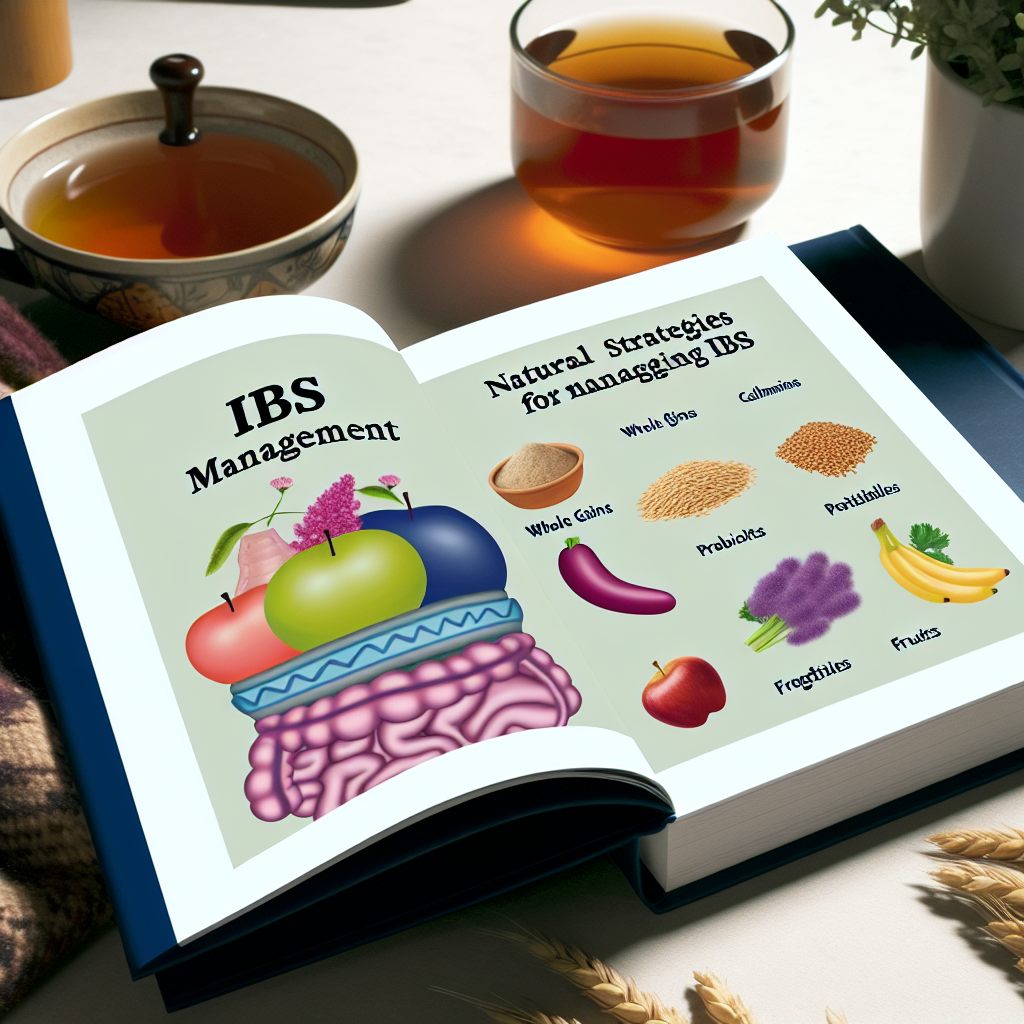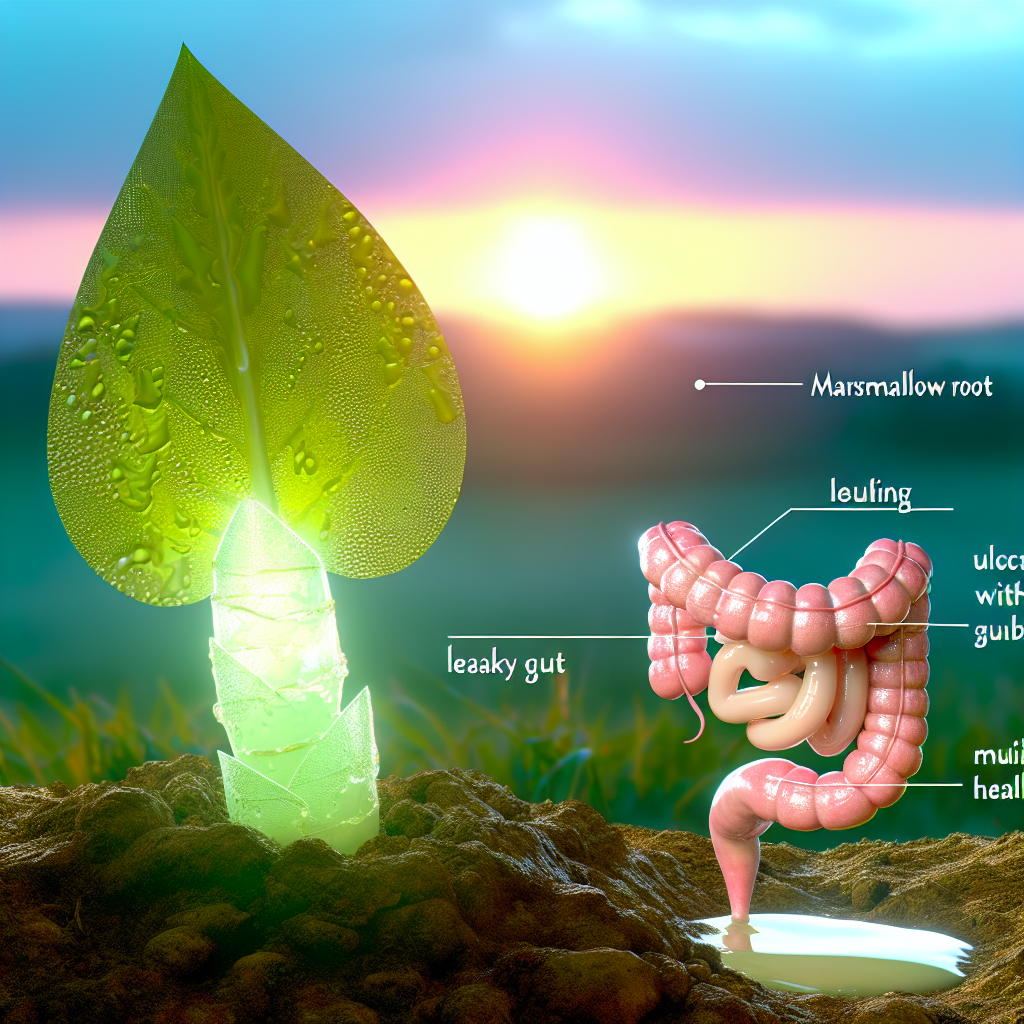IBS Management: Natural Strategy Guide
Introduction
Irritable Bowel Syndrome (IBS) is a chronic gastrointestinal disorder affecting millions worldwide. It is characterized by abdominal pain, bloating, gas, diarrhea, and constipation. While the exact cause of IBS remains unclear, experts believe it results from gut motility issues, intestinal inflammation, bacterial imbalances, and heightened gut-brain interactions. Managing IBS can be challenging, as symptoms vary between individuals.
Conventional treatments often involve dietary changes, fiber supplements, probiotics, and medications. However, many people seek natural remedies to alleviate discomfort without the side effects of pharmaceuticals. Research suggests that herbal medicines, probiotics, dietary adjustments, stress management, and lifestyle changes can effectively reduce IBS symptoms.
Natural therapies focus on restoring gut health by improving digestion, balancing gut microbiota, and decreasing inflammation. Key approaches include herbal treatments such as peppermint oil, fennel, and ginger, which have demonstrated efficacy in soothing the digestive tract. Additionally, dietary strategies like consuming prebiotic-rich foods and eliminating trigger foods contribute to symptom relief.
This strategy guide explores scientifically backed natural remedies to help individuals manage IBS holistically. Whether through herbs, probiotics, or mindfulness practices, integrating these methods into daily life can enhance gut health and improve quality of life.
Evidence-Based Natural Approaches to IBS Management
Research supports various natural approaches in managing IBS symptoms. Here are key strategies backed by medical studies:
Peppermint Oil: A Natural Muscle Relaxant for the Gut
Peppermint oil is one of the most studied natural remedies for IBS. According to a meta-analysis published in the *Journal of Clinical Gastroenterology* (2014), peppermint oil significantly improves IBS symptoms by relaxing intestinal muscles and reducing bloating and pain (Khanna et al., 2014).
Probiotics: Balancing Your Gut Microbiome for IBS Relief
A study published in *The American Journal of Clinical Nutrition* found that probiotics, particularly strains of *Lactobacillus* and *Bifidobacterium*, help regulate gut bacteria, decrease bloating, and improve stool consistency in IBS patients (Ford et al., 2018).
Fennel and Ginger: Herbal Remedies for Digestive Comfort
Both fennel and ginger have carminative properties that aid digestion. A 2016 clinical trial found that fennel reduced bloating and abdominal pain in IBS sufferers, while other research suggests ginger has anti-inflammatory effects that enhance gut motility (Portincasa et al., 2016).
Low-FODMAP Diet: Eliminating IBS Triggers for Symptom Control
The Low-FODMAP diet eliminates fermentable carbohydrates that contribute to bloating and gas. A systematic review in *Gastroenterology* (2017) confirmed its effectiveness in reducing IBS symptoms (Staudacher & Whelan, 2017).
Mindfulness and Stress Management: The Gut-Brain Connection
Stress exacerbates IBS due to its impact on the gut-brain axis. A 2018 study in *The Journal of Behavioral Medicine* found that mindfulness-based stress reduction significantly decreased IBS symptom severity (Houghton et al., 2018).
Conclusion: A Holistic Approach to IBS Relief
Managing IBS naturally involves a combination of herbal treatments, probiotics, dietary modifications, and stress management. Scientific research supports the effectiveness of peppermint oil, probiotics, fennel, and ginger in alleviating symptoms. Additionally, adopting a low-FODMAP diet and practicing mindfulness can provide long-term relief. Individuals looking for holistic IBS solutions should consider these evidence-based strategies while consulting healthcare professionals for personalized treatment plans. By integrating natural therapies, many IBS sufferers can improve their gut health and quality of life.
Summary:
This guide explores scientifically-backed natural remedies for managing Irritable Bowel Syndrome (IBS), including the use of peppermint oil, probiotics, herbal remedies like fennel and ginger, a low-FODMAP diet, and mindfulness-based stress reduction. The combination of these evidence-based strategies can help restore gut health and alleviate IBS symptoms, providing a holistic approach to improving quality of life for those living with this chronic condition.

Dominic E. is a passionate filmmaker navigating the exciting intersection of art and science. By day, he delves into the complexities of the human body as a full-time medical writer, meticulously translating intricate medical concepts into accessible and engaging narratives. By night, he explores the boundless realm of cinematic storytelling, crafting narratives that evoke emotion and challenge perspectives.
Film Student and Full-time Medical Writer for ContentVendor.com




